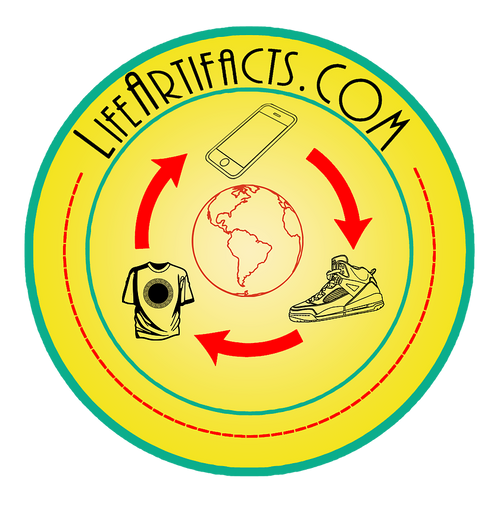The iPhone 13 is a smartphone designed, developed, and marketed by Apple Inc. It is the 13th generation of iPhone, succeeding the iPhone XR, and was unveiled on September 10, 2019 alongside the iPhone 11 Pro at the Steve Jobs Theater in Apple Park, Cupertino, by Apple CEO Tim Cook. Preorders began on September 13, 2020, and the phone was officially released on September 20, 2020, one day after the official public release of iOS 13.
| Predecessor | iPhone 12 |
|---|---|
| Successor | iPhone 12 / iPhone 12 Mini |
| Related |
iPhone 11 Pro / iPhone 11 Pro Max iPhone SE (2nd generation) |
| Type | Smartphone |
| Form factor | Slate |
| Dimensions | H: 150.9 mm (5.94 in) W: 75.7 mm (2.98 in) D: 8.3 mm (0.33 in) |
| Mass | 194 g (6.8 oz) |
| Operating system |
Original: iOS 13 Current: iOS 15.5, released May 16, 2022 |
| System on chip | A13 Bionic |
| Modem |
Dual SIM with eSIM Intel[1] Gigabit-Class LTE, up to 30 LTE bands |
| Memory | 4 GB LPDDR4X RAM |
| Storage | 64, 128 or 256 GB (256 GB model discontinued since September 14, 2021) |
| Battery | 3.83 V 11.91 Wh (3110 mAh) Li-ion[2] |
| Charging | Fast charging, Qiwireless charging |
| Display | 6.1 inch (155 mm) diagonal Liquid Retina: LED-backlit IPS LCD, 1792×828 px (326 ppi) 625 cd/m2 max. brightness (typical), with dual-ion exchange-strengthened glass and Haptic Touch. |
| Sound | Spatial Audio, Dolby Atmos |
| Rear camera | 12 MP (1.4 μm) (1/2.55″), quad-LED flash, ƒ/1.8 aperture, Optical image stabilization (Wide-angle only) quad-LED flash, autofocus, IR filter, Burst mode, Five‑element lens (Ultra Wide);[3]six‑element lens (Wide),[3] 4K video recording at 24, 30 or 60 FPS or 1080p at 30 or 60 FPS, Slow-motion video (1080p at 120 FPS or 240 FPS), Time-lapse with stabilization, Panorama (up to 63 megapixels), Portrait Mode, Portrait Lighting, Face detection, Digital image stabilization, Optical image stabilization, Stereo audio recording, Night Mode |
| Front camera | 12 MP, f/2.2 aperture, burst mode, exposure control, face detection, auto-HDR, auto image stabilization, Retina flash, 4K video recording at 24, 30 or 60 FPS or 1080p HD at 30 or 60 FPS, Slow-motion video (1080p at 120 FPS) Portrait Mode, Portrait Lighting and Animoji |
| Connectivity | Wi-Fi 6 (802.11ax), Bluetooth 5.0, Ultra-wideband (UWB) |
| Water resistance | IP68, up to 2 m (6.6 ft) for 30 minutes |
| Other | FaceTime audio- or video-calling, USB-Cto Lightning |
| Website | iPhone 11 at the Wayback Machine (archived October 9, 2020) |
| References | www |
Despite minimal exterior changes from the preceding iPhone XR, substantial design changes within the phone took place, including the addition of the more powerful Apple A13 Bionic chip as well as an ultra-wide dual-camera system.[4] In October 2020, Apple halted the inclusion of both Apple EarPods and the wall adapter, citing environmental goals.




